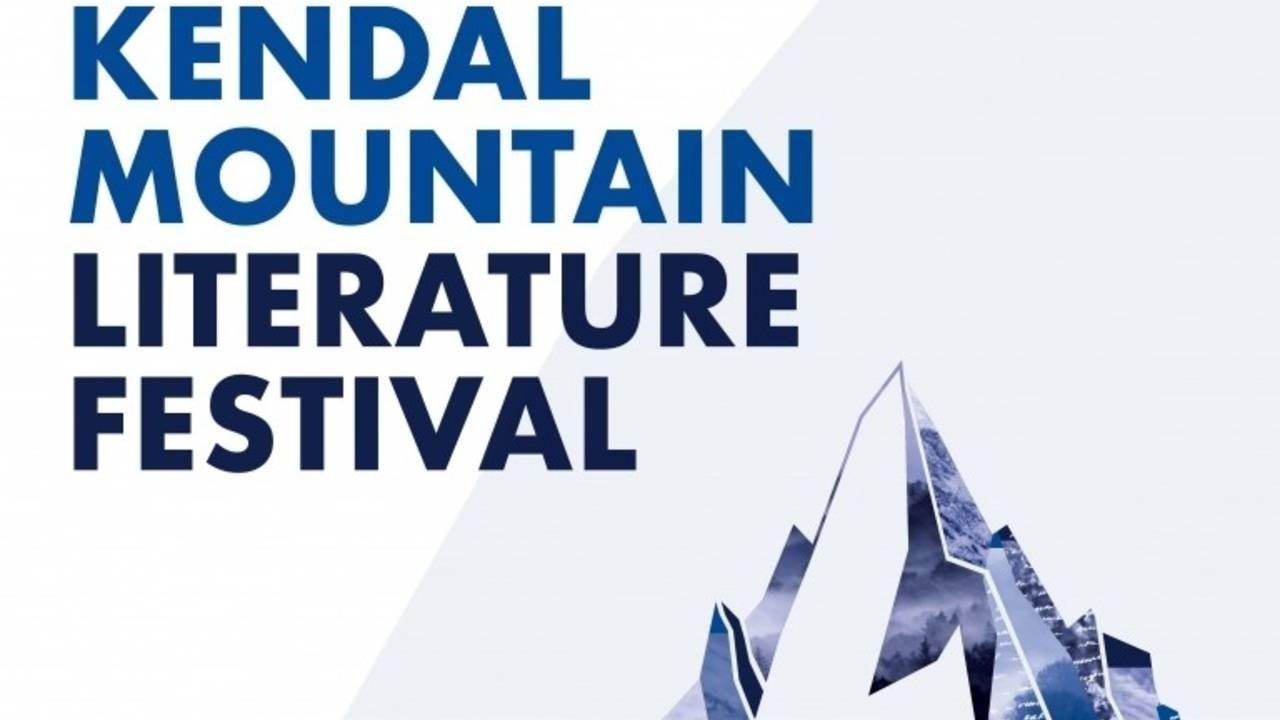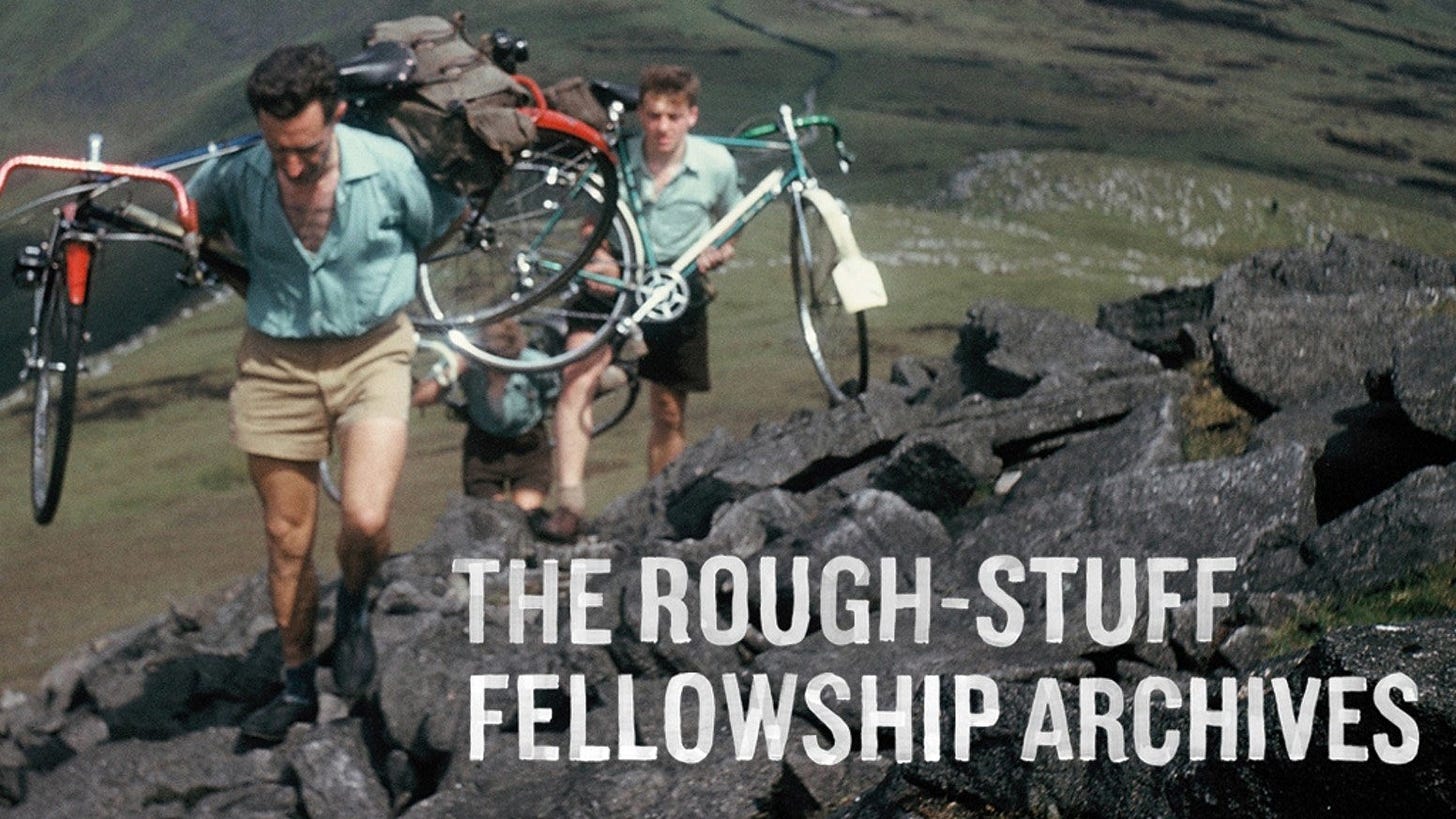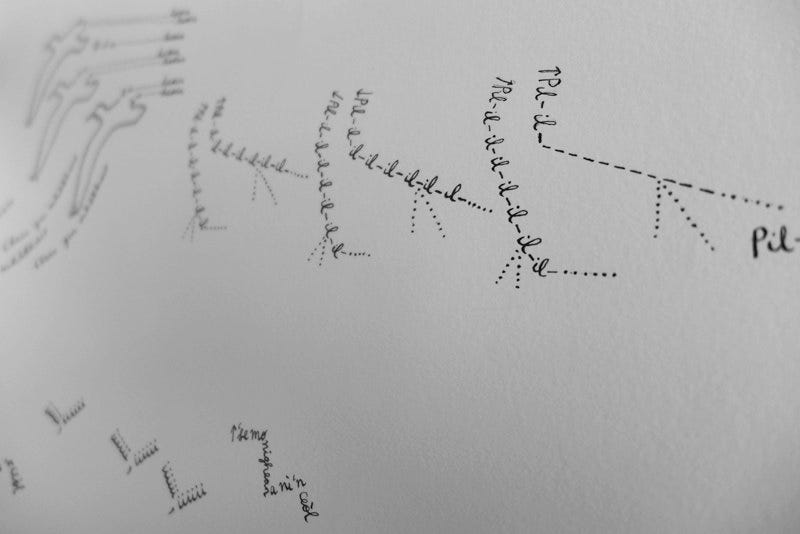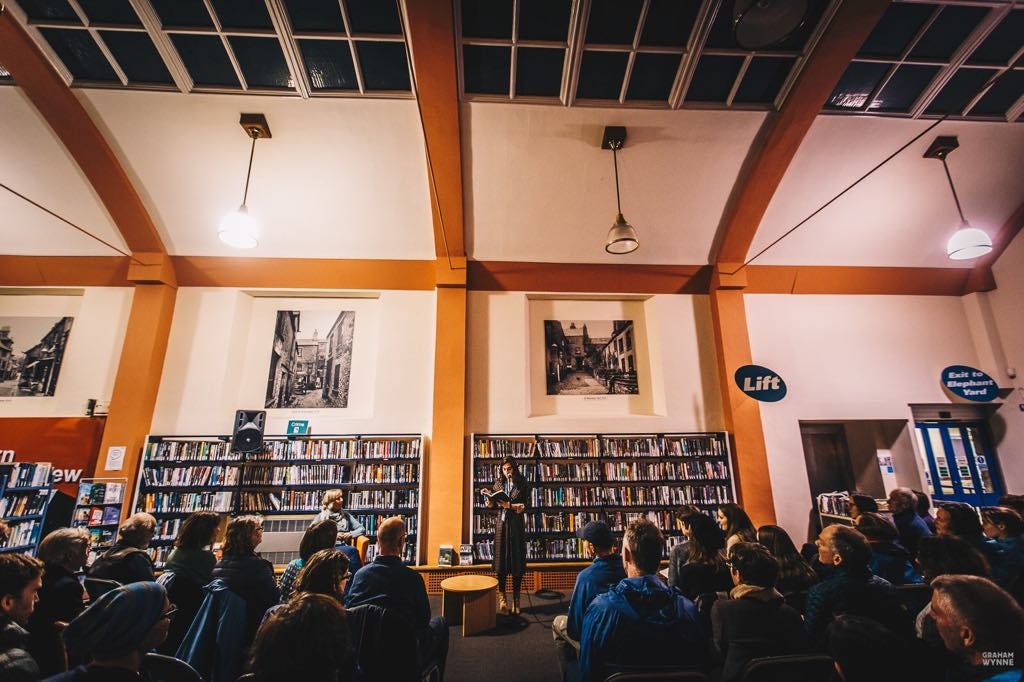Highlights from the 2019 Kendal Mountain Literature Festival
The 2019 Kendal Mountain Literature Festival was packed with a programme of adventurers, writers, historians and artists. Like its cinematic counterpart, the Literature Festival featured extraordinary tales of bravery and endurance. Among these fantastic stories were also discussions by a range of open-minded speakers that tackled some of our biggest questions on nature and nature writing. In an attempt to combat the ‘Kendal Blues’, I look back over the weekend, pick my favourite books and pinpoint some names to look out for in the coming year.
The Rough Stuff Fellowship: Mark Hudson and Max Leonard
Founded in 1955, the Rough-Stuff Fellowship is the world’s oldest off-road cycling club. This stunning compilation of photographs is an unexpected treasure trove and should not be mistaken as your average coffee table book. A photo album and socio-historical archive combined, Hudson and Leonard not only unveil an unseen corner of cycling history, but of British outdoor culture. Far away from the modern cycling world which is dominated by race times and carbon frames, these photographs look back on a post-war era where people could decide what to do with their newfound leisure time. This book is expertly crafted and showcases a range of pictures which are at once private, sentimental and also cleverly stylised, documenting a history of men and women who were not only pioneers, but also very great friends.
Hanna Tuulikki
Introducing a selection of her critically acclaimed work, Tuulikki explores the place of folk narratives, memory and ritual performed within specific environments. With a particular interest in the practice of ‘mimesis’ within musical and movement traditions across cultures, Tuulikki’s artwork investigates the ways in which the body communicates beyond and before words through sounds and gestures. The audience at Kendal had the pleasure of listening to Tuulikki perform one of her songs, Cloud-cuckoo-island. Expertly mimicking the sounds and movements of the bird, Tuulikki’s voice eerily blended the traditional tones of a Gaelic folk song with the sounds of nature. Alongside her music, Tuulikki’s innovative practice includes visual score drawings which illustrate and give a language to the bird’s song in purely pictorial terms. Exploring the boundaries of representational and naturalistic art, Tuulikki creates new ways of drawing animals and outdoor spaces.
Placed last year in the top 20 of 100 emerging Scottish performers, you can explore Tuulikki’s work on her website at https://www.hannatuulikki.org/
I Hate the Lake District: Charlie Gere
A book that should be read by every fell walker and climber, the title alone will inspire some heated debates. In this ground-breaking novel, Gere offers a different vision of the rural environment from those found in much contemporary nature writing. Gere’s vision of the Lake District is nothing like the ‘Wordsworth Land’ commonly promoted in National Trust pamphlets – this is a place where UFO’s have been sighted, avant-garde artists created work and Islamic terrorists trained. In a practice called ‘Google Whacking’, Gere mocks contemporary academic writing by drawing on multifarious themes and subjects.
Based on his experience of wandering through and around the national park, Gere engages with nuclear power and nuclear war, UFO’s, slavery, ghosts, God, and cockroaches. At the heart of this book is the question of human presence and the destructive processes involved in nature writing, a mode which tends to tear landscapes apart by ignoring places which don’t fit into our idea of the ‘picturesque’. Gere shows the ways in which nature writing can overcome the sort of nostalgic urban-phobia with which it has long been associated and produces an extremely important text in the debate around the modern day use of Britain’s wilder landscapes and the ways in which we write about them.
Spoken Word and a Pint Night
If the Rave-It-Up-After-Party didn’t appeal to you, then I would suggest you check out the Spoken Word and a Pint Night at next year’s Festival. After hearing stories from fell runners, climate protesters, naturalists and political activists, it is clear that the world of outdoor literature is partaking in a number of conversations and exploring topics beyond the traditional bog or peat mire. I certainly look forward to seeing and reading about a new age of writers whose vision of the natural world both embraces and challenges our accepted view of the ‘outdoors’ and who this space belongs to.
Open Mountain and Inclusivity
With the launch of ‘The Willowherb Review’ – a new and ground-breaking literary journal dedicated to diversity in nature writing – the Literature Festival challenged the status quo by broadening the people, places, experiences and ideas represented in outdoor literature. Celebrating inclusion and connection, the eagerly anticipated Open Mountain event on Saturday featured five readings of prose and poetry written and performed by Marie Fuhrman, Claudine Tuotuongi, Asim Khan, Ange Harker and Kate Davies. With a diverse programme of events revolving around this year's theme of 'openness', the Literature Festival should be congratulated for its efforts to welcome and support under-represented artists in the outdoors.




